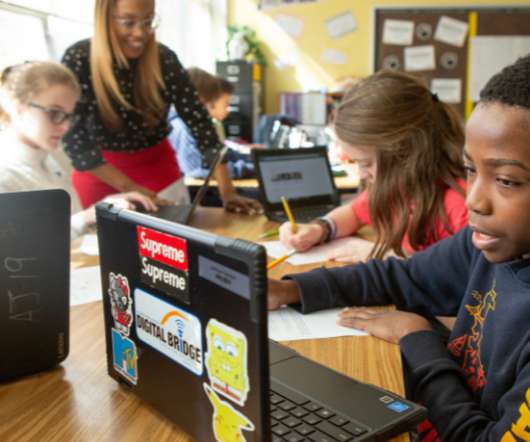It’s late 2015 and we’re still overblocking the Internet
Dangerously Irrelevant
OCTOBER 5, 2015
One of my doctoral students’ dissertations at the University of Minnesota , for instance, found that overzealous school filtering prohibited student access to online content essential for satisfying state Social Studies and Health curricular standards. Sometimes it’s simple confusion around what actually must be filtered.















Let's personalize your content